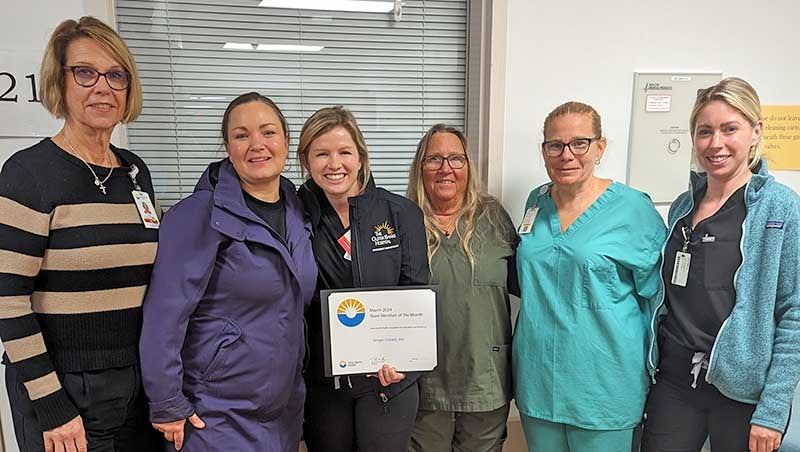In 2024, two members of Harvard T.H. Chan School of Public Health’s Department of Environmental Health were named among the 100 individuals who most influenced global health by TIME magazine. Francesca Dominici and Ronnie Levin were both listed in the category “Catalysts” for their contributions to public health through their groundbreaking research and advocacy.
Dominici, Clarence James Gamble Professor of Biostatistics, Population, and Data Science and faculty director of the Harvard Data Science Initiative, was recognized for her work fighting air pollution. Her research has shown the health risks of fine particulate (PM2.5) pollution—the kind produced by vehicle exhaust, power plants, wildfires, and other sources. In a citation about Dominici, TIME quoted a spokesperson from the Environmental Protection Agency who credited her groundbreaking work in driving the agency’s recent decision to reduce permissible concentrations of PM2.5 from 12 micrograms per cubic meter of air to 9 micrograms. Said Dominici, “Lowering from 12 to 9 [micrograms] means breathing cleaner air for everyone. It’s a huge public health victory.”
Levin, an instructor, was chosen for her research on lead, which played a key role in an EPA proposal requiring that all the lead pipes in the U.S. be replaced within a decade. A 2023 cost-benefit analysis by Levin and Joel Schwartz, professor of environmental epidemiology—who is both Levin’s colleague and husband— show that cutting lead in drinking water could save the U.S. more than $8 billion a year in health benefits and at least $2 billion in infrastructure costs, far more than the EPA had previously calculated. Levin told TIME that she’s thrilled about the EPA’s proposed rule, but added, “Without good implementation



